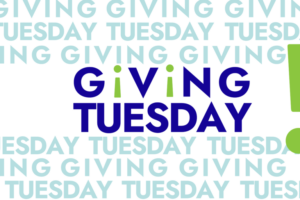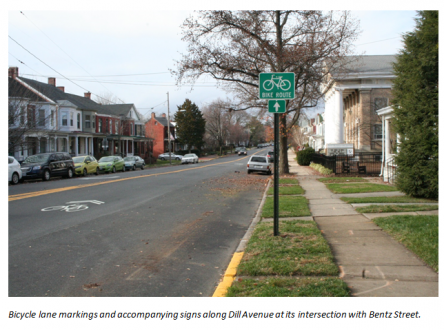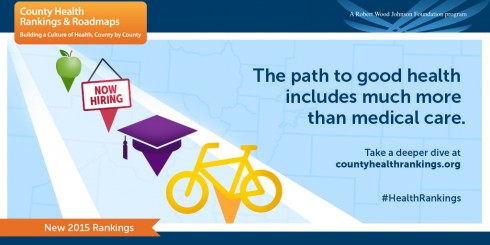Giving Tuesday 2022: Join Us In Our Fight for Healthy and Equitable Communities

Join Us In Our Fight for Healthy & Equitable Communities
IPHI strengthens health systems and policy, enhances conditions that promote health, and builds community capacity to ensure equitable health opportunities for all. We believe all people and communities should have equal opportunities to live and be healthy.
This Giving Tuesday, consider a gift to IPHI as we work to dismantle health inequities and strengthen communities in the District of Columbia, Maryland, and Virginia. IPHI’s work includes:
- Community Health Worker Initiatives: Working with our partners, IPHI supports the development, coordination, and evaluation of Community Health Worker (CHW) initiatives. IPHI helps conduct CHW and clinical care team training programs; design, coordinate, and evaluate CHW programs; build awareness about the value of CHWs across the community; grow and sustain the CHW workforce and CHW services, including laying the groundwork for policy change to enable CHW certification and more sustainable financing; and develop the Center for the Community Health Workforce and CHW professional networks.
- Healthy & Equitable Communities Training IPHI offers training and technical assistance to organizations and coalitions. Our training fuse theory with practice and allow participants to apply the knowledge and tools presented in training and implement them in their everyday work to create healthy, equitable, thriving communities.
- COVID Response & Recovery: IPHI continues to work in the region to promote vaccines and develop innovative strategies to help impacted communities maintain resilience. We are still assisting the Fairfax County Health Department responds to and supporting community outreach.
Here are some of our targeted initiatives and coalitions in the region:
District of Columbia
The DC Healthy Housing Collaborative is a multi-sector coalition seeking to address substandard housing conditions that contribute to significant health issues affecting District of Columbia residents. The DC Healthy Housing Collaborative envisions a DC where all housing promotes health, wellness, and safety and is affordable. DC will be a city where all are welcome and can thrive in strong, resilient, and well-resourced communities.
Maryland
Prince George’s Food Equity Council works to improve the public health and community well-being of all who live, work, study, worship, and play in the County. The FEC believes every resident, regardless of race, class, or zip code, should easily access healthy, affordable, culturally appropriate, and locally produced foods. FEC partners and volunteers work to increase food storage and distribution, improve access to food assistance resources, and increase access to healthy food for food-insecure residents at risk for diabetes through enrollment in our food-as-medicine program, Prince George’s Fresh.
Virginia
ImmunizeVA is a statewide immunization coalition that strives to protect the health and well-being of all Virginians by achieving and maintaining complete immunization protection through education, advocacy, statewide collaboration, and the promotion of equity.
Please consider a gift to help dismantle health inequities and strengthen our region.
Maryland state employees: Charity Campaign (MCC) – 46-3039129
Virginia state employees: Commonwealth of Virginia Campaign (CVC) – 201412



